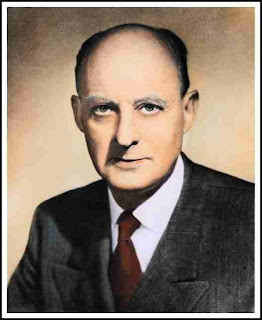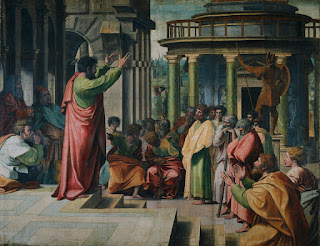He Who Laughs Last Misses Faith? Niebuhr on Humor

Reinhold Niebuhr loved to laugh. What's more, he enjoyed making others laugh -- though that's perhaps a little-known fact, hardly self-evident if one, say, peruses works such as Moral Man and Immoral Society . As his biographer Richard Fox notes, Niebuhr enjoyed leading skits to entertain friends and family while retreating in Heath, Massachusetts. Actually, though, Robert McAfee Brown's anthology contains a pretty interesting piece titled "Humor and Faith"; this piece, as it happens, is not funny in the least but is a fairly sober assessment of the laughter and its limtis that reveals both keen insights and theological limitations in Niebuhr's thought ( The Essential Reinhold Niebuhr , New Haven, CT: Yale, 1986, pp. 49-60). Niebuhr's thesis is this: Humor and faith are deeply connected in that both seek to cope with the contradictions of existence that cannot be reconciled or even fully rationalized. The fundamental root of the incongruous human situa...


